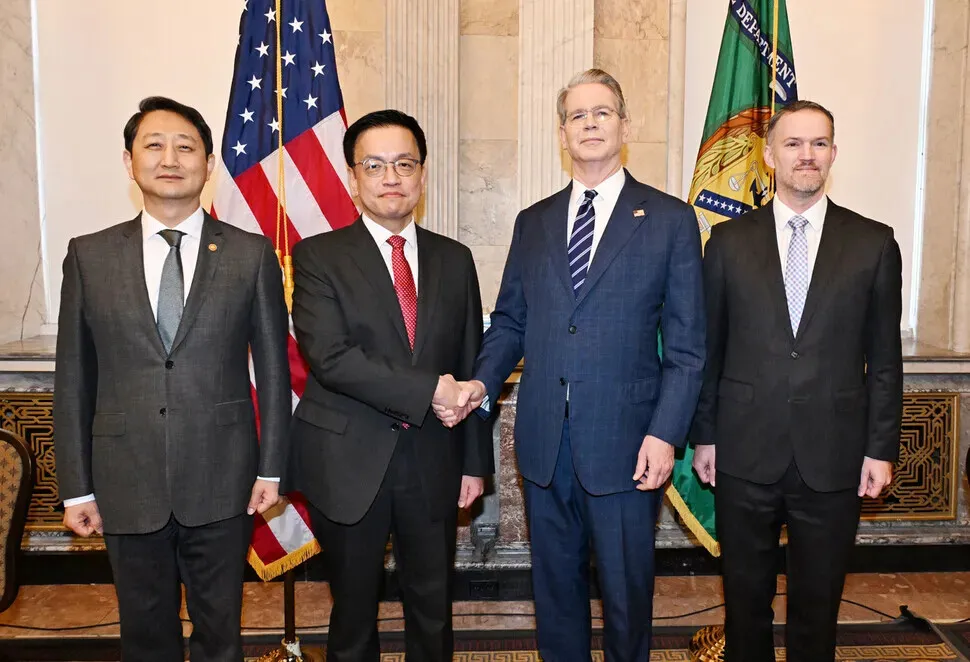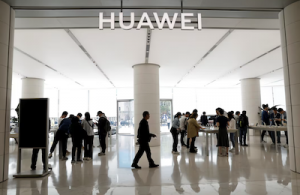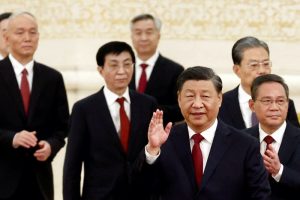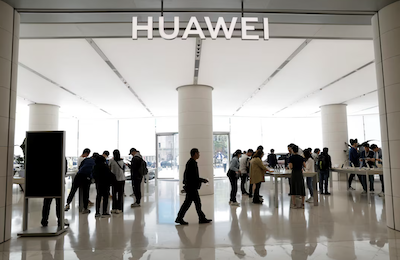South Korea and US officials confirmed after initial trade talks last week that they will negotiate a new trade agreement before the pause in reciprocal tariffs imposed by the Trump Administration ends on July 8.
But political analysts have noted that Seoul won’t be able to make any firm commitment on big energy projects and defence costs until it holds an election in five weeks’ time.
Currently, South Korea on has an acting president in power. But it will hold a snap election on June 3 after former President Yoon Suk Yeol was ousted for his role in imposing martial law briefly in December.
ALSO SEE: China’s Huawei ‘Hoping Its New AI Chip Can Outpower Nvidia’
It is “theoretically impossible” for the two countries to decide on a comprehensive trade package by late May or early June, Park Sung-taek, Vice Minister of Trade, Industry and Energy, told reporters.
“We fully explained our political situation to the US during our latest talks. The US side also understands that Korea’s special political situation could be a limiting factor in negotiations.”
The United States has prioritised talks with key trading partners and allies like Japan, Korea and India, as Washington is scrambling to seal a flurry of trade deals before its July 8 deadline.
“We all are taking the uncharted territory,” Park said.
“To be honest, I think it would be very challenging for the talks to bear some fruit within the next 70 days despite President Trump’s expectations,” he said.
‘Cooperation’ on shipbuilding, energy and more
South Korea said it has requested exemptions from reciprocal tariffs and tariffs on autos and steel and other items, and offered cooperation on shipbuilding and energy and in addressing trade imbalances.
Park said the United States needs to remove red tape to facilitate bilateral cooperation in shipbuilding, pointing to the example of the Jones Act, a US law that requires goods moved between US ports to be carried by ships built domestically and staffed by US crews.
He said South Korea was in talks to send a working-level delegation to Alaska to review the business feasibility of a $44 billion liquefied natural gas project that Washington wants to fund with investments from countries like South Korea and Japan.
South Korea is looking to create about six working groups with the United States under three areas on the agenda – exemptions to tariffs and non-tariff measures, economic security, as well as investment cooperation – with a plan to kick off meetings next week, Park said.
The fourth issue on the agenda, currency policy, will be discussed separately by the financial authorities of the two countries, he said.
- Reuters with additional editing by Jim Pollard
























